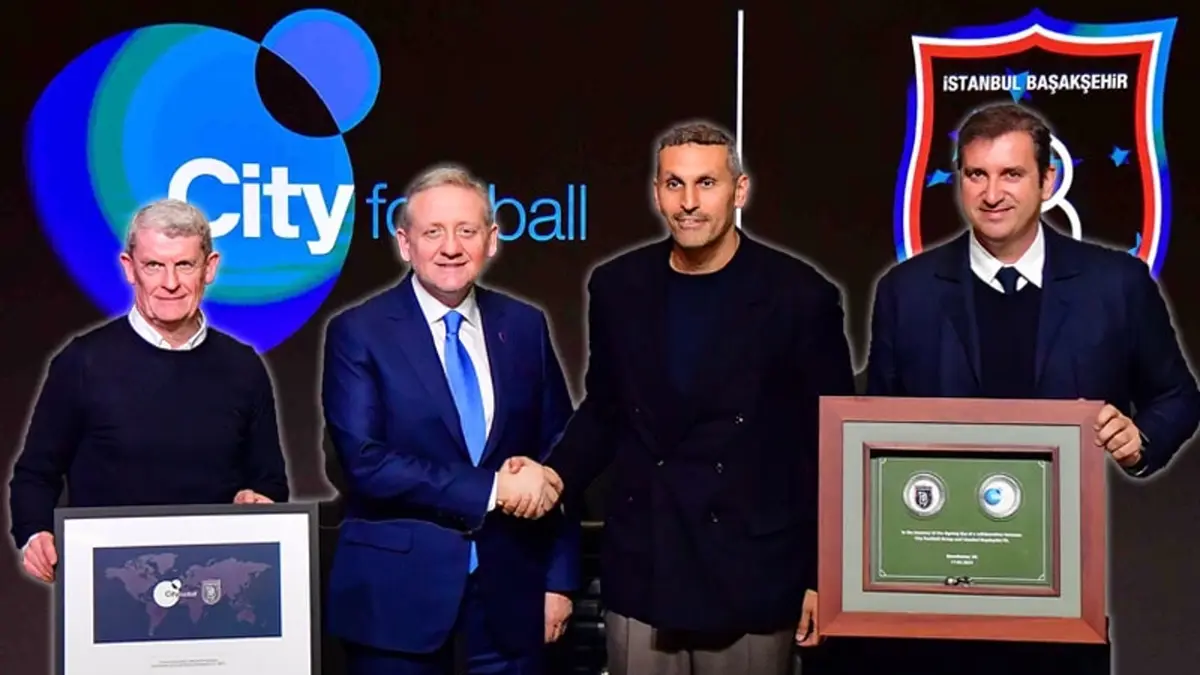Manchester City are one of the best soccer clubs right now, if not the best. They are fresh off a treble winning season and have won countless trophies more in previous years. It all started in 2008 with the Abu Dhabi-backed takeover. But those owners weren’t just satisfied with one successful team.
The owners formed City Football Group in order to establish their dream of a global connection of clubs from everywhere to function together. And this required them to buy many clubs, and they just did partner with another club.
How many clubs are under Manchester City’s owner’s leadership?
While Manchester City is their flagship club and their main focus as well, owners City Football Group have many more clubs. They have either bought out whole clubs or have majority or minority stakes in many clubs as well. Together these clubs work together to improve each other.
Manchester City was first bought in 2008, before CFG was formed. It was in 2013 that the organization was formed to create a global soccer empire. They first started with MLS club New York City FC and gradually had clubs in every part of the continent.
🚨 OFFICIAL: Istanbul Basaksehir have become the latest side to join the City Football Group:
— Transfer News Live (@DeadlineDayLive) February 18, 2024
🏴 Manchester City
🇪🇸 Girona
🇫🇷 Troyes
🇮🇹 Palerme
🇹🇷 Istanbul Basaksehir
🇧🇪 Lommel SK
🇧🇷 EC Bahia
🇺🇸 New York City FC
🇦🇺 Melbourne City FC
🇯🇵 Yokohama
🇺🇾 Montevideo City Torque
🇨🇳… pic.twitter.com/ZI21F28zYU
They currently have stakes or full ownership in several clubs worldwide, including Melbourne City in Australia, Yokohama F Marinos in Japan, Montevideo City Torque in Uruguay, Girona in Spain, Sichuan Jiuniu in China, Mumbai City in India, Lommel SK in Belgium, Club Bolívar in Bolivia, Troyes in France, Palermo in Italy, and Bahia in Brazil. Additionally, they recently struck a partnership deal with Turkish giants Istanbul Basaksehir, although they don’t own them outright.
This means City Football Group owns or partners with 14 clubs, making it the biggest private soccer club owners. They regularly share scouting information, allow loan deals and many other things to improve all of the clubs.
City Football Group seals football collaboration deal with Istanbul Basaksehir
Recently, City Football Group and Turkish giants Istanbul Basaksehir confirmed a historic deal between the two. They have signed an agreement to allow ‘growth and success’. The deal is said to allow Basaksehir to gain insight on CFG activities, with much data, transfer strategy, tactics and other help to be shared in order to help the club.
🚨 OFFICIEL !
— Actu Foot Turquie 🇹🇷 (@ActuFootTurquie) February 18, 2024
🔵🟠 L’Istanbul Basaksehir devient un nouveau club du City Football Group.
📸 @ibfk2014 pic.twitter.com/qbUehhKm6A
But there is said to be no financial investment at all from CFG, and this means no part of the club will go to them. This makes them outside of CFG’s global collection of clubs, and just partners. This will allow CFG to get many talented academy players and professionals from Turkey more easily.
It is certainly a historic deal and will see greater collaboration between Manchester City, and all of the other CFG-owned or partnered clubs.







